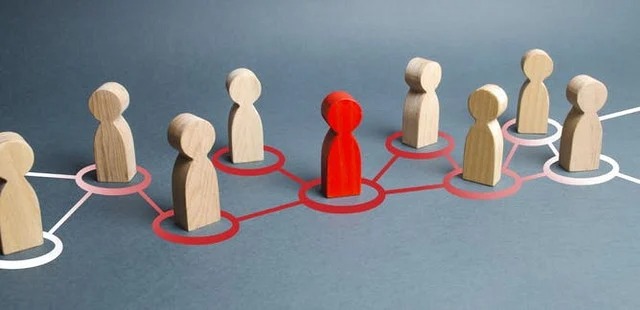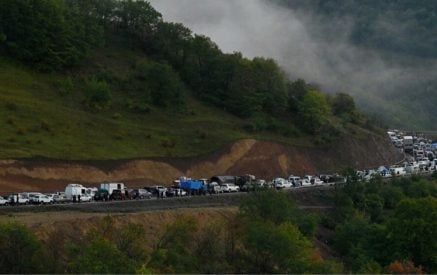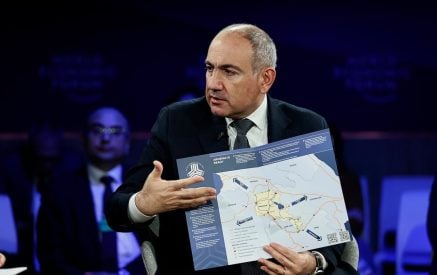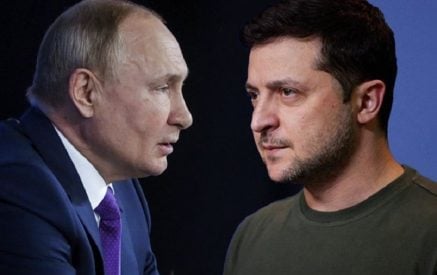Psychologists claim that over time, life, with its violent, unexpected events and unpredictable turns, causes three types of crisis: people do not understand each other, they do not trust each other, and, third, they lose the meaning of living. It happens all over the world, but especially in those societies that, like Armenia, survive revolutions, disasters, and wars, and all of that is expressed more clearly.
It is very natural that under these circumstances, people’s paranoid tendencies intensify. They suspect each other of hostile or treacherous tendencies and look for conspiracies under every bush.
One of the main defects of the crisis is what the American sociologist Irving Hoffman calls “stigmatization” – putting a label without understanding, without going deep, when you see the other person not as a person, but above all as one or another ethnic, tribal, sexual, religious, political, or other group’s representative. Moreover, the representative of that “opposite group” can be your close friend or brother. “I was a stranger to my brothers, and a guest to my mother’s sons,” wrote one of the kings with a poetic talent centuries ago.
The peculiarity of Armenia is that there are no contradictions related to ethnicity or religion: belonging to different religious communities or being an atheist is not a problem for us, as a rule. Thus, the two huge factors that divide other states or nations can be ruled out. What remains is the “political” one, for example, the division based on Nikolism and anti-Nikolism.
Read also
Personally, such contradictions do not seem serious and profound to me. It’s just that, as it was already said, communication between people has become difficult today; they don’t listen to each other, they don’t trust each other, and they prefer “stigmatization” instead, which is certainly facilitated by the social network world with its “information shells.” Here, the representatives of one group (let’s say, the fans of one of the 4 current and former leaders of Armenia) comment under, share, and “love” each other’s posts and attack the representatives of three other groups in unison, pushing the latter out of their territory. Thus, a “homogeneous” environment is created within the groups. That is what a bubble is.
Another factor is added to it: the political regime. In the case of ochlocracy (as well as during totalitarianism), the field of political culture is severely reduced. Under public pressure, the platforms where dialogue between different groups is possible disappear.
Aram Abrahamyan
























































